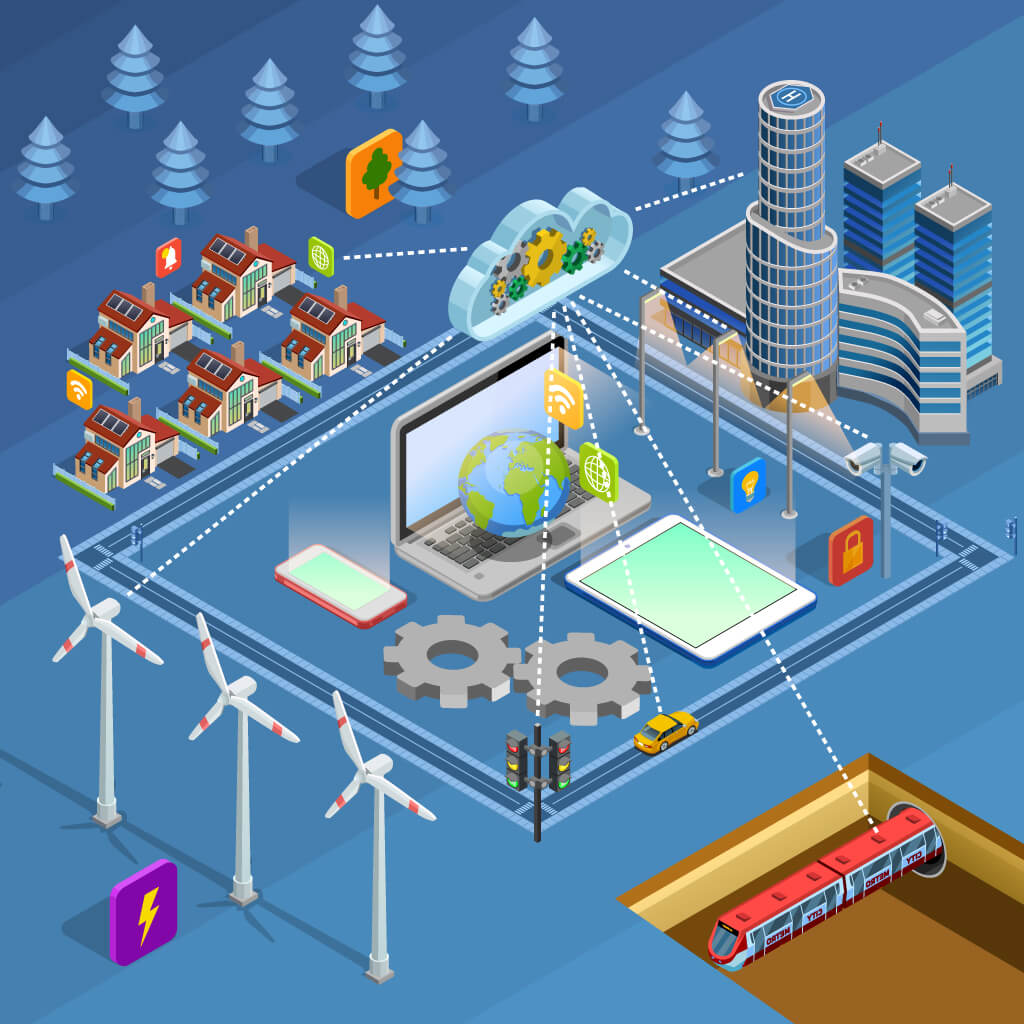The world is rapidly embracing smart energy management systems, and for good reason. Energy management is becoming increasingly important as the cost of power continues to rise and environmental concerns mount. Both homeowners and businesses are seeking ways to reduce their carbon footprint and energy bills, and smart energy management systems provide an elegant solution. These innovative systems offer a more efficient and cost-effective approach to energy consumption, and their popularity is quickly gaining traction.
Smart energy management systems typically consist of a network of connected devices and sensors that collect and analyze data on energy usage. This data is then used to optimize energy consumption, allowing users to identify areas where they can reduce their energy usage and costs. For example, a smart energy management system might use sensors to detect when a room is occupied and automatically adjust the lighting and temperature settings accordingly. Similarly, it could detect when a device is fully charged and automatically shut off power to that outlet, preventing unnecessary energy consumption.
One of the key benefits of smart energy management systems is their ability to provide real-time data and analytics. This allows users to track their energy usage and make informed decisions about their consumption habits. For example, a business might use data from a smart energy management system to identify peak energy usage times and adjust operations to reduce demand charges. Likewise, a homeowner could use data to identify which appliances are using the most energy and take steps to reduce their consumption.
These systems also offer a high level of convenience and automation. Smart thermostats, for example, can automatically adjust temperature settings based on a user’s preferences and schedule, while smart lighting systems can be controlled remotely or set to turn on and off at specific times. This not only saves energy but also provides added security and peace of mind for homeowners and business owners alike.
Another advantage of smart energy management systems is their ability to integrate with renewable energy sources, such as solar panels and wind turbines. This allows users to more effectively manage and utilize renewable energy, further reducing their reliance on traditional power sources and decreasing their environmental impact.
In addition, smart energy management systems can also provide alerts and notifications when something is amiss, such as a device or appliance using more energy than it should or a potential malfunction. This allows users to address issues promptly and prevent unnecessary energy waste or potential safety hazards.
With the world’s growing focus on sustainability and energy efficiency, smart energy management systems are poised to become even more prevalent in the years to come.
